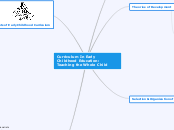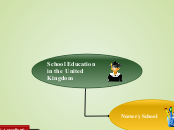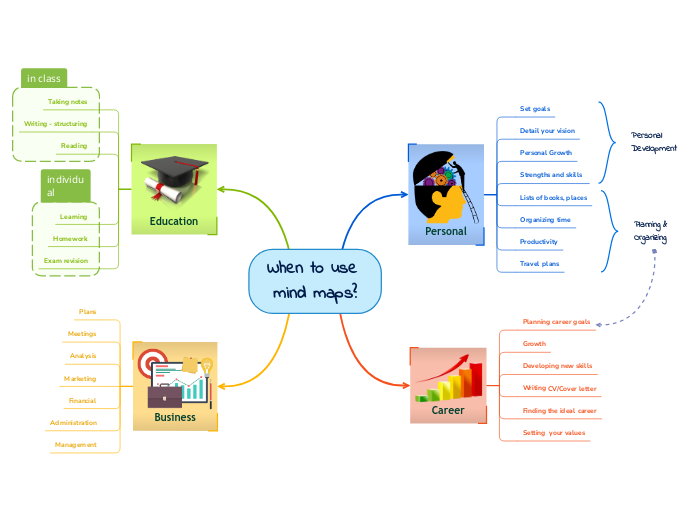Curriculum In Early Childhood Education: Teaching the Whole Child
Purpose of ECC
Creating a more just and equitable society
Anti-bias curriculum developed by Louis Derman Sparks and others.
Preparation for participation in a democratic society
Believes in Dewey philosophy.
Efficient acquisition of knowledge and skills
Behavorists Theory
Cultural values
Tradionalists
Roots of Early Childhood Curriculum
European Programs
Both Montessori and Waldorf empahsize the education of the whole child which includes a rich variety of art, music, dance and theater.
Rudolf Steiner 1861-1925
Understanding of human development that addresses the needs of the growing child. Child
Maria Montessor 1870-1952
Child centered based on scientific observations of children.
Progressive Education
John Dewey: Spokesperson for Progressive Education
Nursery School
Kindergarten
Founder of Kindergarten
Selection & Organization of ECC
Project Approach (American Interpretation)
Research effort that is focused on finding answers to questions about a topic either by child, teacher or both. Similiar to Reggio Emilia approach.
Reggio Emilia
Teachers observations and dialogues with students. Teachers are considered the children partners in learning.
Emergent Curriculum
Teacher guidance but more of the children's interest.
Bank Street Approach
Subtopic
The Unit and Thematic Approach
The most familiar approach which is often referred to as "Traditional" early childhood curriculum.
Theories of Development
Behavorist Theory
Jean Piaget: Swiss Epistemologist
Constructivist Theory
John B. Watson
What is curriculum for young children?
Developmentally Appropriate Activites
A particular approach or model that guides the program









